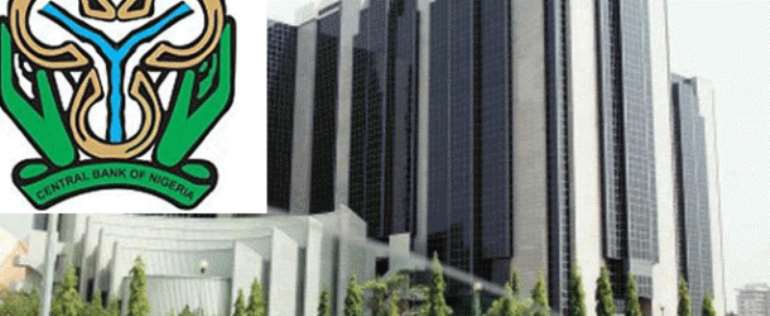Credit to Private Sector Drops to N15.285tn in December

Due to banks' rising appetite for fixed income instruments, credit to the private sector declined year-on-year to N15.285 trillion as at December 2012, data gathered from the Central Bank of Nigeria (CBN) have revealed.
The amount represented a decrease by 0.9 per cent or N139 billion, compared to the N15.424 trillion recorded in November last year.
The anticipated growth in credit in the period under review was largely inhibited by high yields or returns banks realise from treasury bills and government bonds in the market. As a result of these, banks have raised their preference for investment in fixed income securities, which has made them risk averse.
Also, the central bank's economic indicator showed that narrow money (M1), which includes all physical monies such as coins and currency along with demand deposits and other assets held by the central bank, increased to N7.067 trillion in December, as against the N6.880 trillion it stood as at November.
In the same vein, broad money (M2), which generally is made up of demand deposits at commercial banks and monies held in easily accessible accounts, climbed to N15.129 trillion in December, from N15.063 trillion it was as at November.
The Monetary Policy Committee (MPC) at its meeting last week revealed that interest rates in all segments of the money market moderated between November 19, 2012 and January 3, 2013. This, according to the committee, reflected increased liquidity in the banking system including the release of statutory revenue to sub-national governments, absence of repo transaction during the review period, repayments of matured CBN bills and banks' desire to maintain optimum liquidity position on their balance sheets at the end of their common financial year.
'The average prime lending rate increased slightly to 16.54 per cent in December 2012 from 16.48 and 16.51 per cent in October and November 2012 respectively. In contrast, the average maximum lending rate fell marginally to 24.61 per cent in December 2012 from 24.65 and 24.70 per cent, respectively, in October and November, respectively while the weighted average savings and term deposits rate decreased to 5.50 per cent in December from 5.57 per cent in the preceding month.
'The committee, therefore, encouraged the bank to fast-track the financial inclusion strategy to improve financial intermediation and the effectiveness of the transmission mechanism of monetary policy and to adopt ways of moderating the high spread between deposit and stated that the decline in credit to government between June and October implied that the federal government was increasingly becoming a net creditor to the banking system,' it added. (Thisday)
